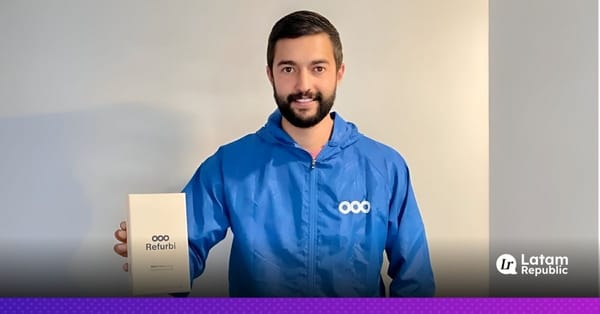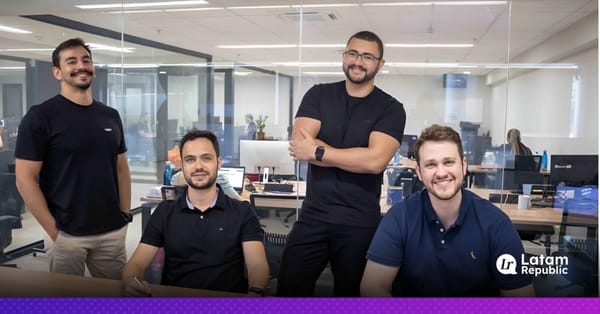David Alvo Verdugo: Driving Impact Venture Capital in Latin America
David Alvo Verdugo, Managing Partner at Impacta VC, drives impact venture capital in Latin America, supporting startups with financial, social, environmental goals.
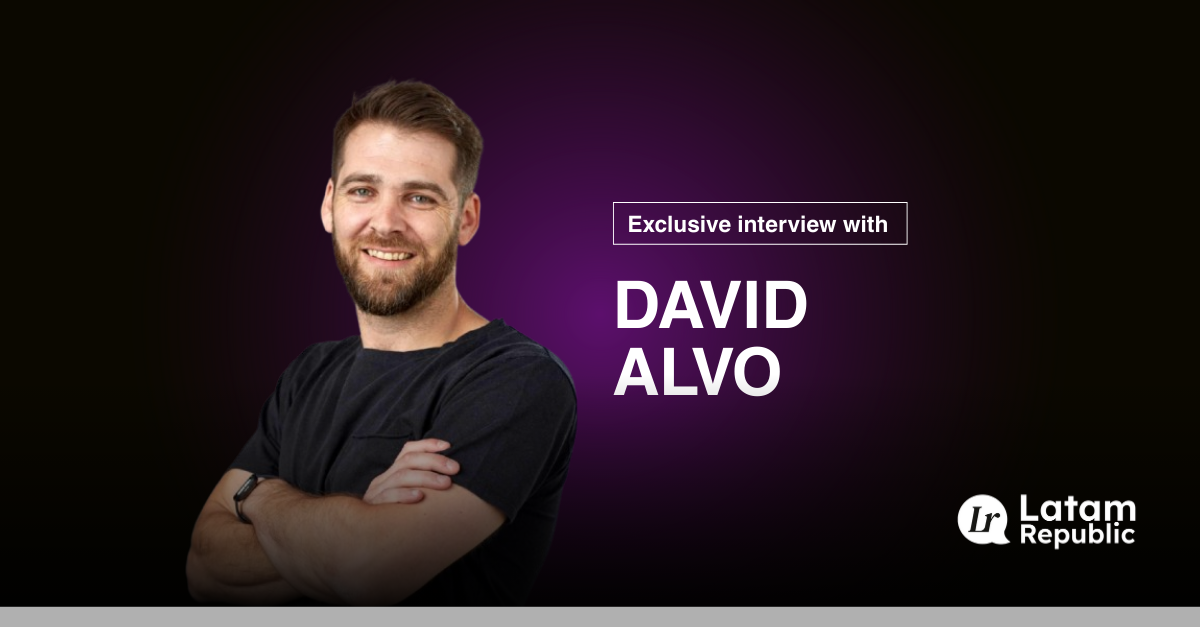
David Alvo Verdugo, Managing Partner at Impacta VC, is one of the leading figures in impact venture capital in Latin America. With a career that combines his experience as an investor and founder of more than 10 startups, David has invested in over 35 companies and has accelerated more than 400 startups in the region, always focusing on solutions that generate strong financial returns while addressing critical social and environmental challenges.
A Unique Perspective: Founder and Investor
Thanks to his dual career, David offers a privileged perspective on the challenges faced by early-stage entrepreneurs. His experience allows him to identify patterns, key learnings, and recurring mistakes that can make the difference between a startup’s success and stagnation.
As co-founder of venture capital associations in Chile and Uruguay, David emphasizes the importance of collaboration among players in the entrepreneurial ecosystem. During his participation in the Volcano Summit 2025, he highlighted how spaces that connect entrepreneurs and investors are fundamental to strengthening venture capital in the region and generating opportunities for impact startups in Central America.
Advice for Latin American Entrepreneurs
During an interview with Latam Republic, David shared valuable recommendations for Guatemalan and Latin American entrepreneurs seeking to make the most out of interactions with investors and mentors: from how to present their value proposition to how to build strategic relationships that drive the scalability of their purpose-driven projects.
Below is part of the conversation:
You have invested in over 35 companies and accelerated more than 400 startups in Latam. What would you say has been the most valuable lesson from accompanying so many entrepreneurs in early stages?
The fundamental premise is that, to be a successful venture capital mentor in the long term, I need the industry to work well and be sustainable for all its investors.
For Limited Partners to invest in good funds and those funds, in turn, to back solid companies, it is essential to have quality businesses that generate consistent results.
That is why everything we do in the ecosystem aims to raise the level of entrepreneurs and provide them with the necessary tools in an environment that is still very new. Venture Capital remains a small space, and not everyone has immediate access to metrics, references, or advanced knowledge.
Sharing this knowledge is key for entrepreneurs to better understand the rules of the game, while also strengthening the ecosystem in which I want to participate and contribute for the rest of my life.
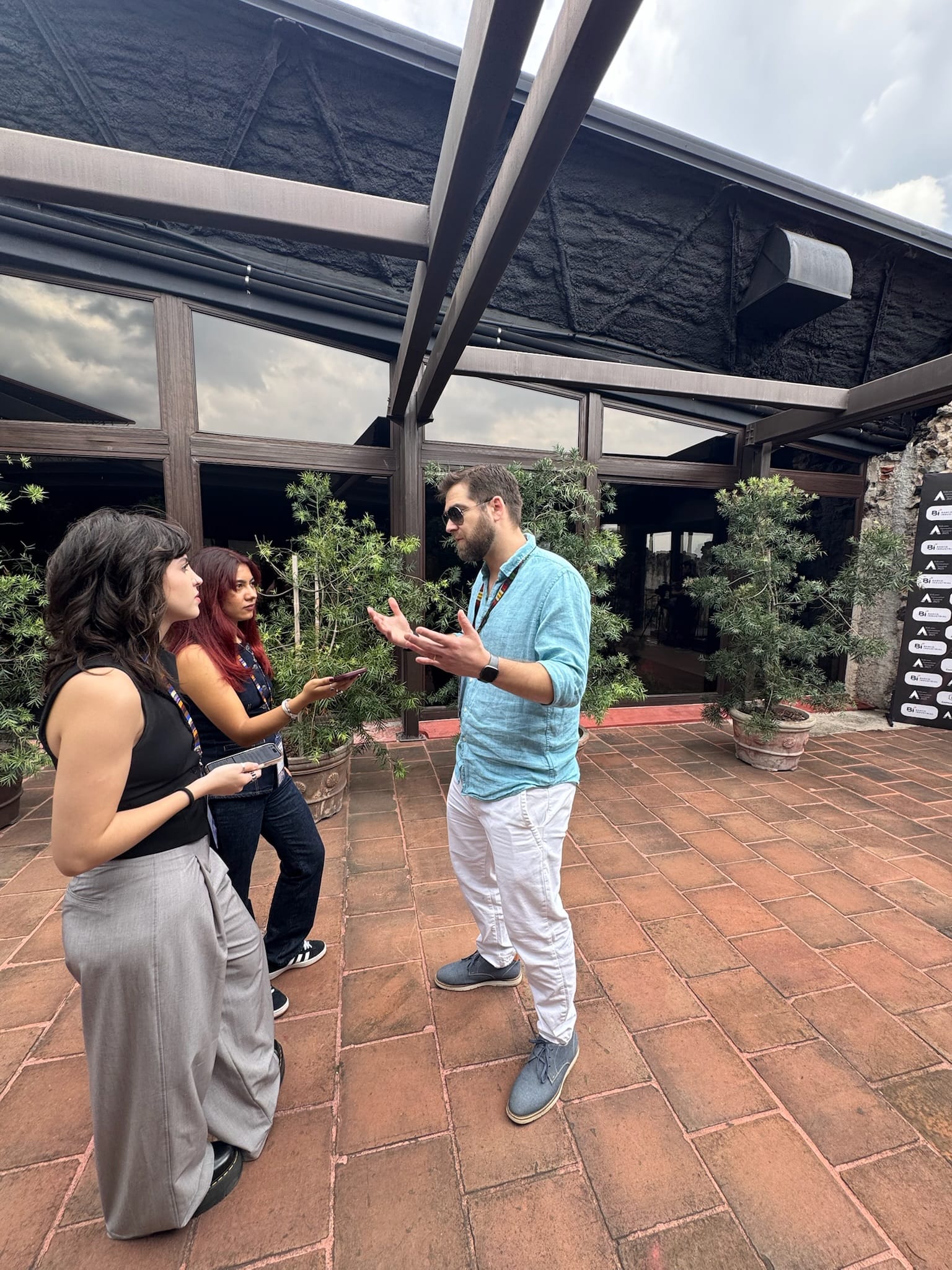
You founded and worked in more than 10 startups. From that dual perspective as founder and investor, what common mistakes do you see entrepreneurs making repeatedly, and how can they avoid them?
The biggest mistake many entrepreneurs make is not understanding who is sitting across from them when they seek investment. From their perspective, they have a company that needs financing to move to the next stage and assume it is enough to simply ask investors for money. However, they don’t truly understand who is on the other side of the table.
There is a big difference between an angel investor and a venture capital fund (VC). An angel invests their own money, which allows them to decide and act quickly. In contrast, a VC manages third-party capital entrusted to them, which implies more complex and structured processes. Even more different is the case of corporate funds: often, the executives making decisions are not even investing the company’s money, but must meet short-term metrics and specific internal objectives.
When entrepreneurs don’t adequately prepare to interact with each type of investor, they waste valuable opportunities because they don’t understand the rules of the game. Some discover this too late; others never come to understand it. In those cases, frustration leads them to abandon their entrepreneurial path and accept a corporate position, thus moving away from the startup ecosystem.
The Volcano Summit seeks to connect entrepreneurs and investors in Guatemala. How do you think spaces like this can boost the generation of impact startups in Central America?
The value of spaces like this is that they offer multiple ways to generate impact. One of the most important is the connections that are created.
In the end, for an entrepreneur to be successful, they need three key elements: capital, knowledge, and connections. Capital is essential to take the company to the next level; and to obtain it, it is necessary to have access to the right networks, know who to approach, and how to do it.
At Volcano, many opportunities open up: entrepreneurs can connect with other founders, with investors—including those from my own funds—with potential clients, and with mentors. They can also learn from the experience of other entrepreneurs who have already walked that path and can warn them: “watch out for that stone, I already stumbled there.”
Knowledge is another fundamental pillar. In addition to networking, participants can attend talks on specific topics of interest, which broadens their vision and strengthens their skills.
Ultimately, Volcano Summit brings together everything necessary to drive entrepreneurship: it inspires new founders and helps those already on the journey to grow and continuously improve.
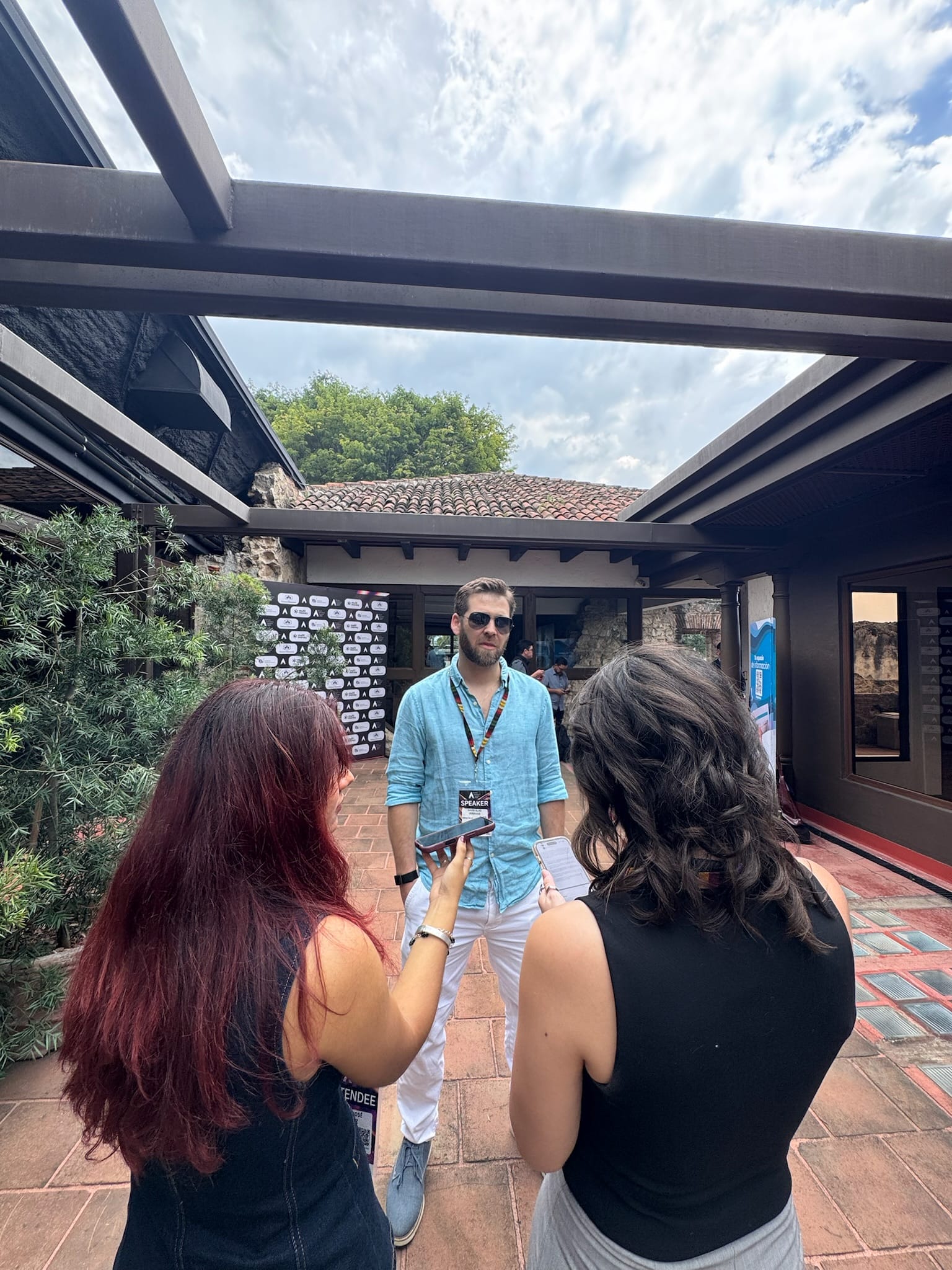
From your international experience, what advice would you give to Guatemalan entrepreneurs attending Volcano Summit to make the most of their interaction with investors and mentors?
The best advice at these types of events is to be memorable. When you meet hundreds of people in a short time, the key question is: how do I make them remember me? It’s not about going out to raise capital right then: no one is going to sign a check or decide on an investment in two meetings. What endures are the faces, experiences, and emotions you manage to convey.
If you want to connect with investors, don’t try to sell your company right away. Connect on a human level: show genuine interest in their story, in how they became investors, in why they made that decision, in what their greatest successes have been, and also their failures. That type of conversation generates an authentic connection that later opens doors.
After the event, you can naturally follow up: “I really enjoyed meeting you, would you give me 15 minutes to tell you about my company?” In most cases, the answer will be positive. That’s the way forward.
The key is not to insist that they invest in you on the spot, but to leave an impression that makes them want to talk to you again. It could be a detail, a different conversation, even a fun gesture, but always something that makes you unforgettable. Because, in the end, what remains after these events are not the pitches, but the memorable connections.



